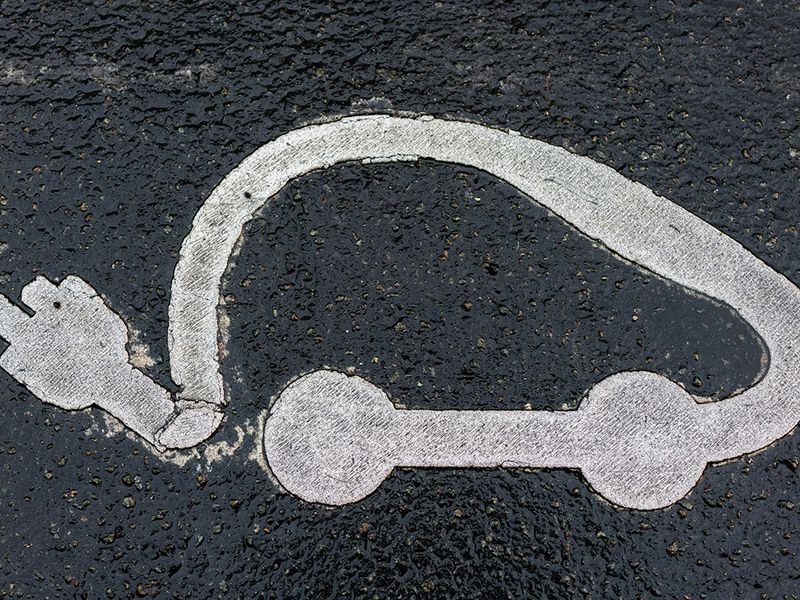
The battery materials unit of SK Innovation Co. said the global market for premium wet-type separators, a key component for electric vehicles, will run into a supply shortage in 2023 due to “explosive” growth.
SK IE Technology Co. said in a statement Thursday that its sales of separators for EVs jumped 490 percent last year from 2018. The company — part of South Korea’s third-largest conglomerate SK Group — expects separators will account for about 80 percent of total sales in the next three years or more, from about 55 percent currently.
“We’ve been keeping a close track of demand and supply and it looks like supply will fall short of meeting the rising demand from 2023,” CEO Rho Jae-sok told reporters at a briefing in Seoul.
Separators improve the output and stability of lithium-ion batteries. Wet separators are thinner and stronger than dry separators, and allow for higher capacity. While lithium-ion batteries are found in everything from laptops to cell phones, it’s their primary role in electric vehicles that’s creating surging demand.
SK Innovation has grown into a major industry supplier. Among peers that produce wet-type separators for EVs such as Japan’s Asahi Kasei Corp. and Toray Industries Inc., SK took the biggest market share last year with 26.5 percent, according to the statement, citing SNE Research Inc. It expects to more than double its annual separation capacity to 2.73 billion square meters in 2024 — equivalent to supplying 1 million EVs per year.
SK was a relative latecomer to the electric-car battery industry, embracing the technology only as part of a diversification push. SK Innovation began developing lithium-ion batteries for hybrid electric vehicles in 2005, and spun off SK IE Technology in April 2019. SK IE Technology plans to go public next month.
While the near-term growth will remain in its separator business, the company said it plans to develop materials for solid-state batteries — a new way of making batteries that experts think could take over from the current generation of lithium-ion cells — and also expand its production of polyimide film that goes on flexible displays.
“It’ll have to be after 2030 when the solid-state battery business gets commercialized, which means lithium-ion batteries will co-exist for some time,” Roh said. “Our parent SK Innovation is also looking into startup firms with the relevant technologies to explore the areas we can take part in.”
SK is not looking beyond China, Europe and the U.S. in expanding its production capacity for now, Roh said. He said the company won’t consider building a facility in America until after 2024, as demand there is currently small compared with China and Europe and the investment and operating costs are more expensive.
The company said last month it’s investing 1.1 trillion won ($987 million) to build new factories in Poland to meet growing demand amid an EV boom in Europe.
SK IE Technology seeks to raise as much as 2.3 trillion won in its initial public offering. If the stock is priced at the top of the range, it would give the company a market value of around 7.5 trillion won. The company will start trading on Kospi from May 11 after setting the IPO price on April 26. The sale of new shares will go into SK’s capital expenditure until 2023, as it will need between 700 billion and 800 billion won annually, Roh said.
SK posted an operating profit of 125 billion won last year, up more than 55 percent from April-December 2019 when the company was spun off, while sales rose 78 percent to 469.3 billion won during the same period. SK’s three-year compound annual growth rate is forecast at 38 percent, according to Horace Chan, a Bloomberg Intelligence analyst.
Rho said SK Innovation’s $1.8 billion settlement earlier this month with LG Energy Solution, a unit of LG Chem Ltd., over trade secrets removed uncertainties and created an environment where the two companies can actively engage in talks about new product models and plans to gradually increase supply. LG is one of SK’s customers in South Korea.

